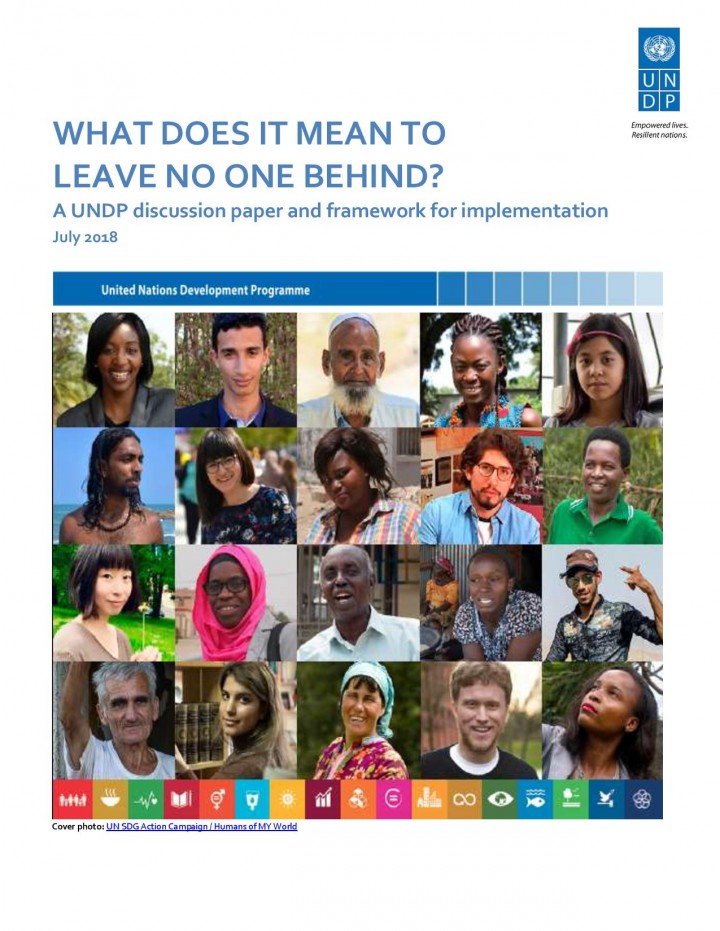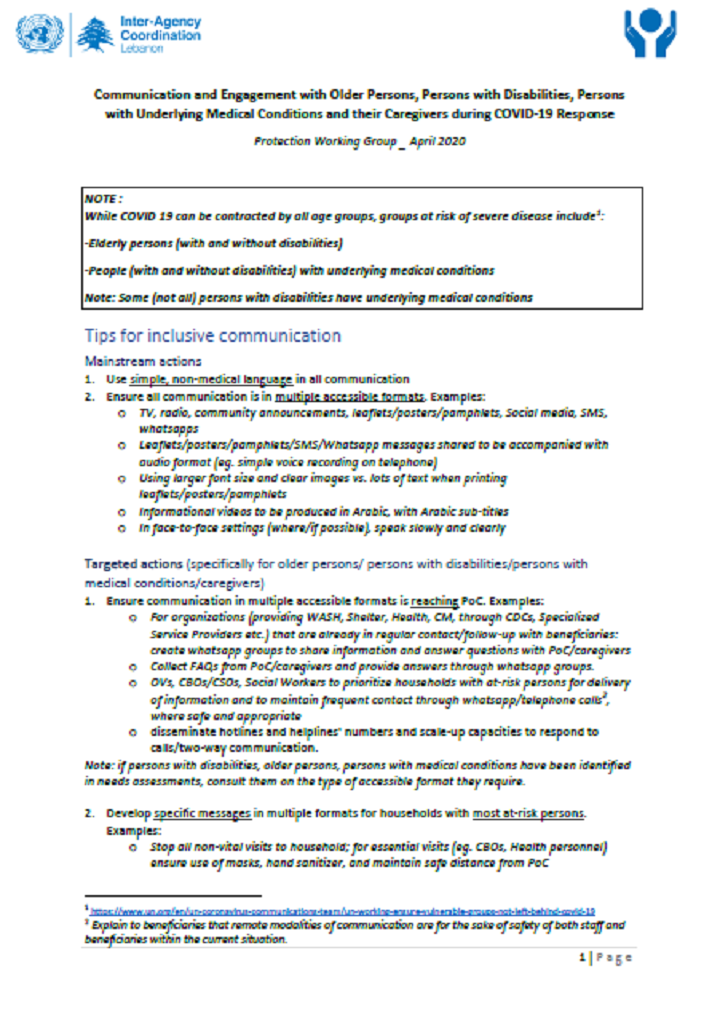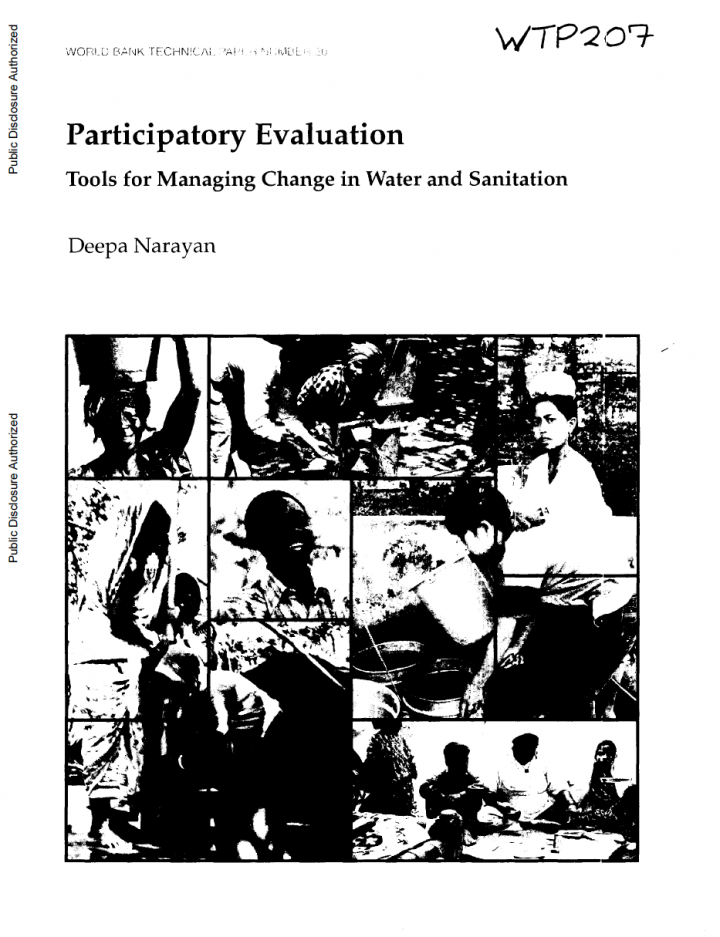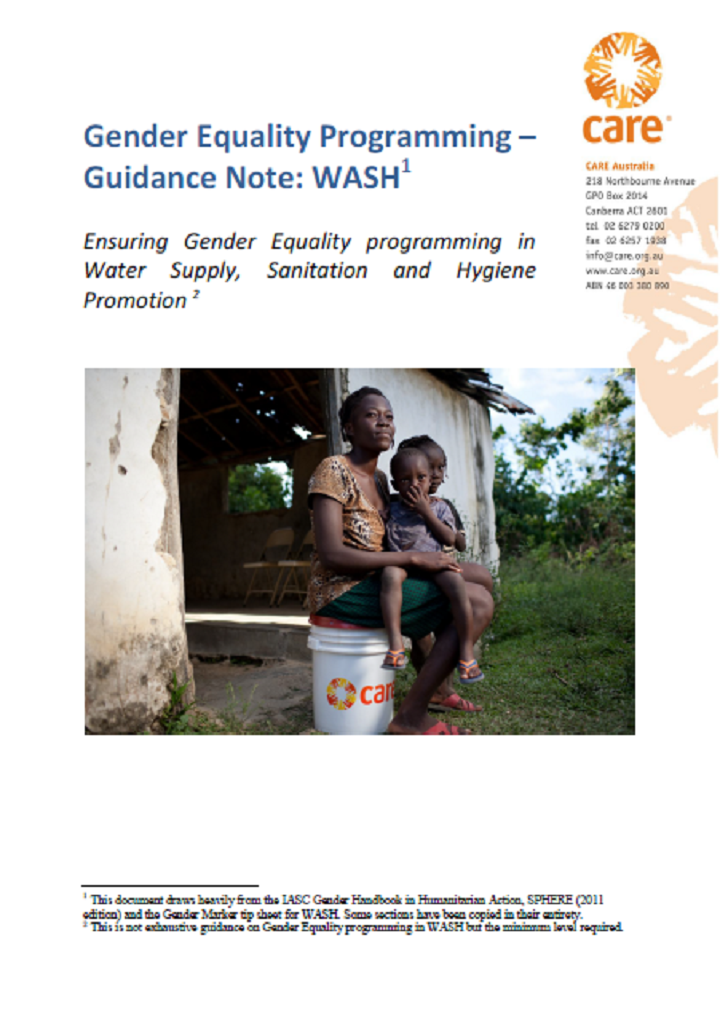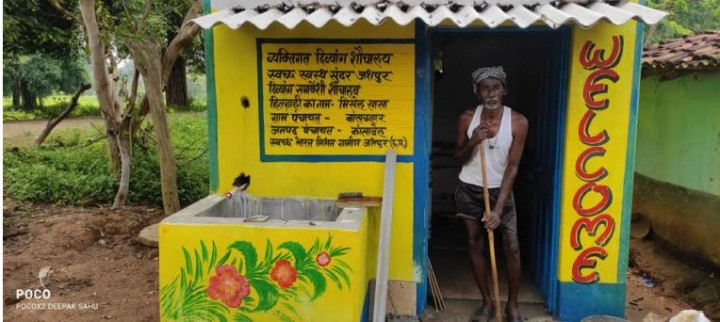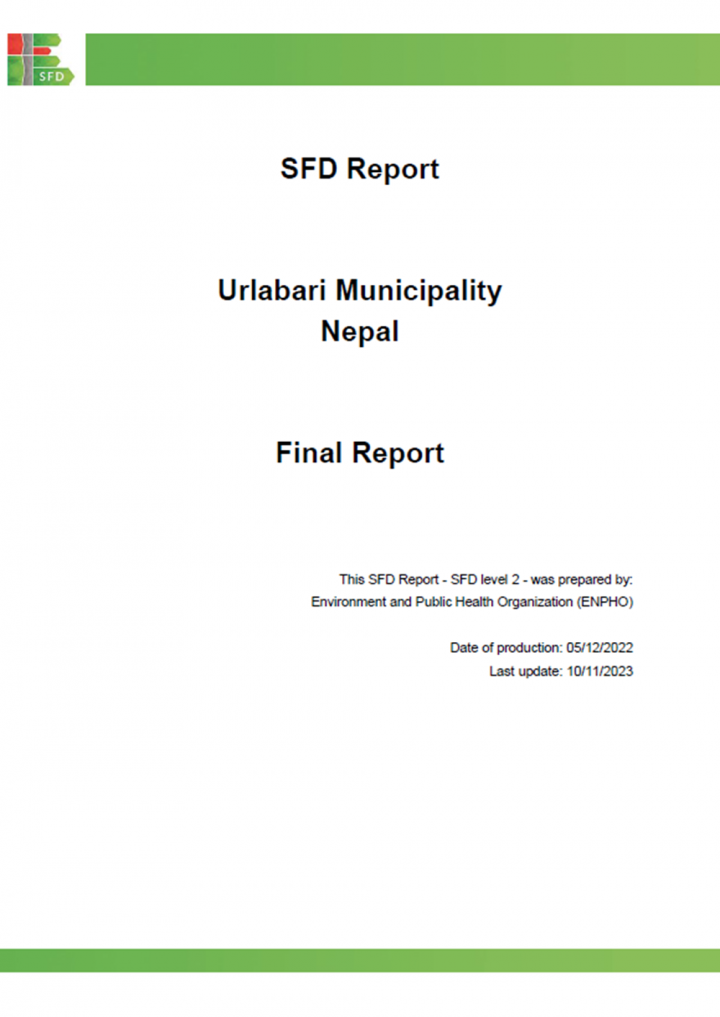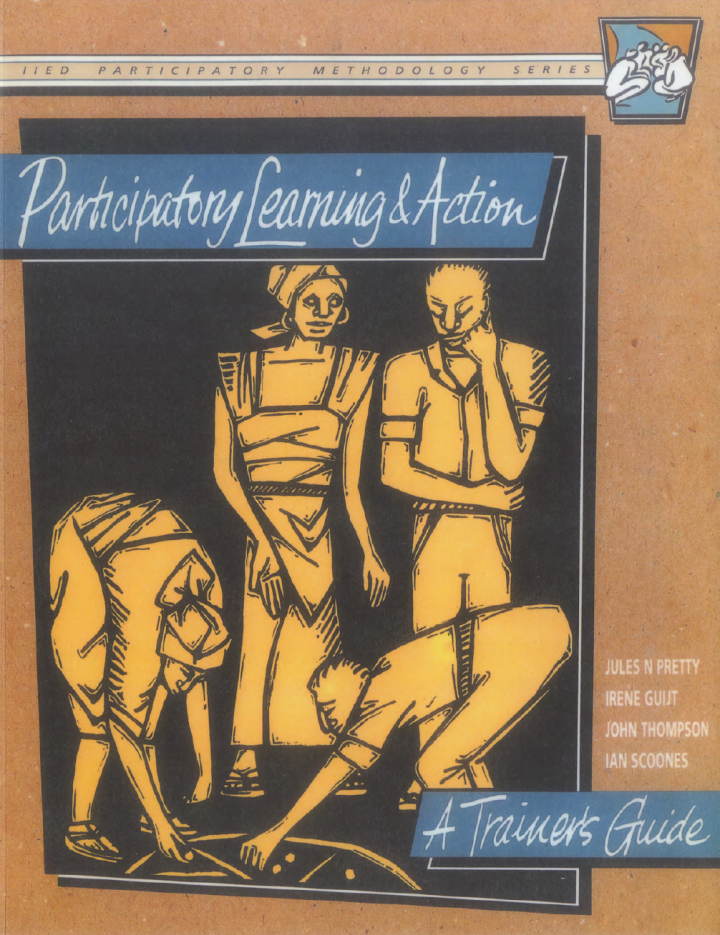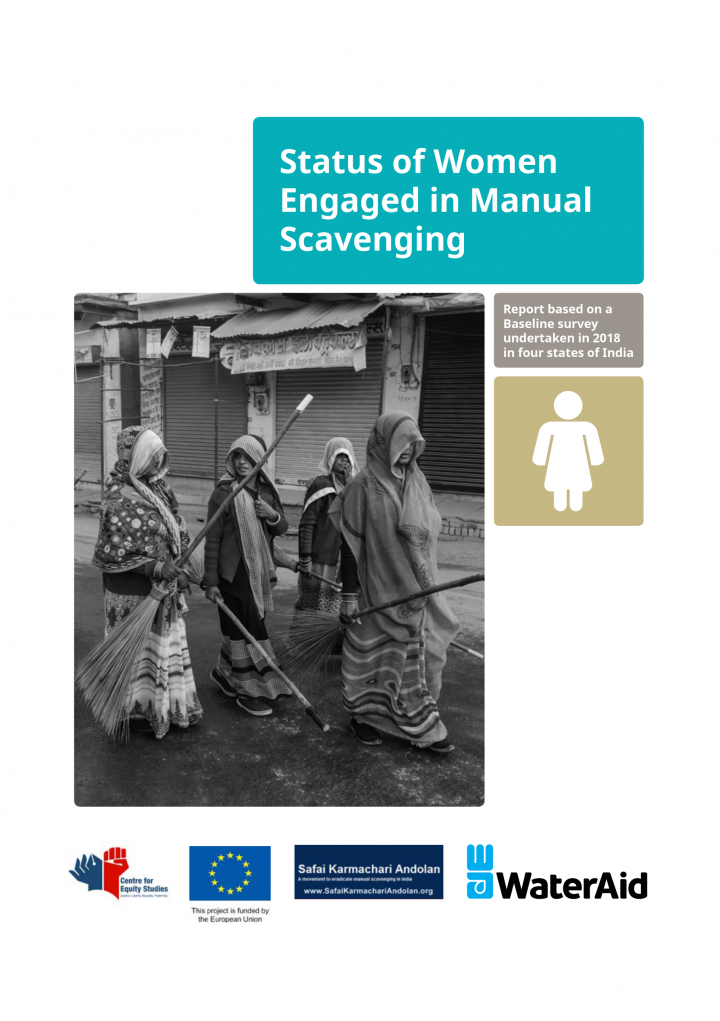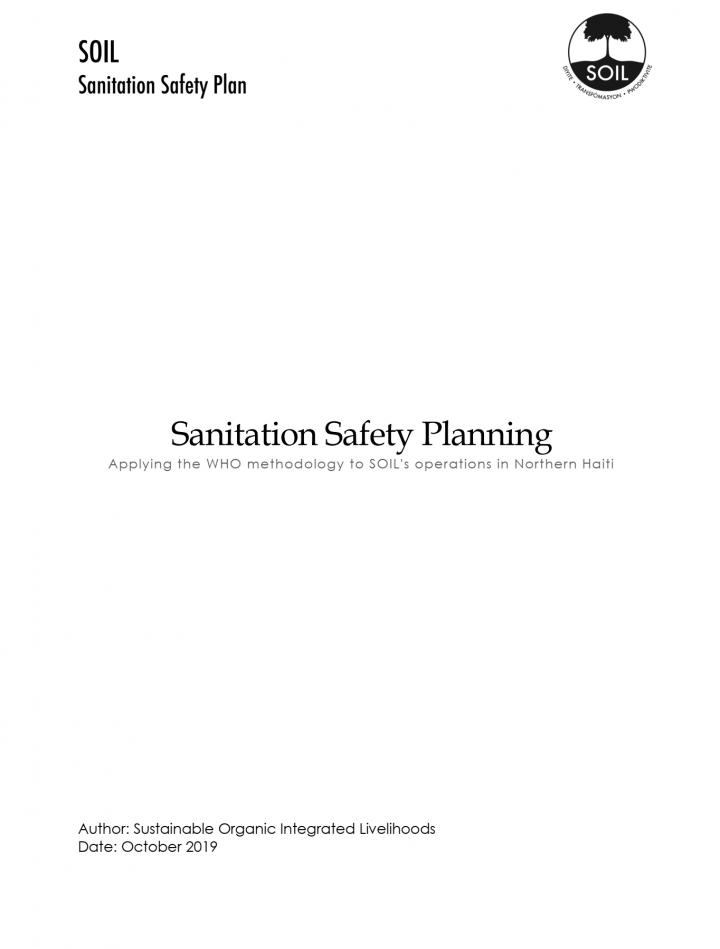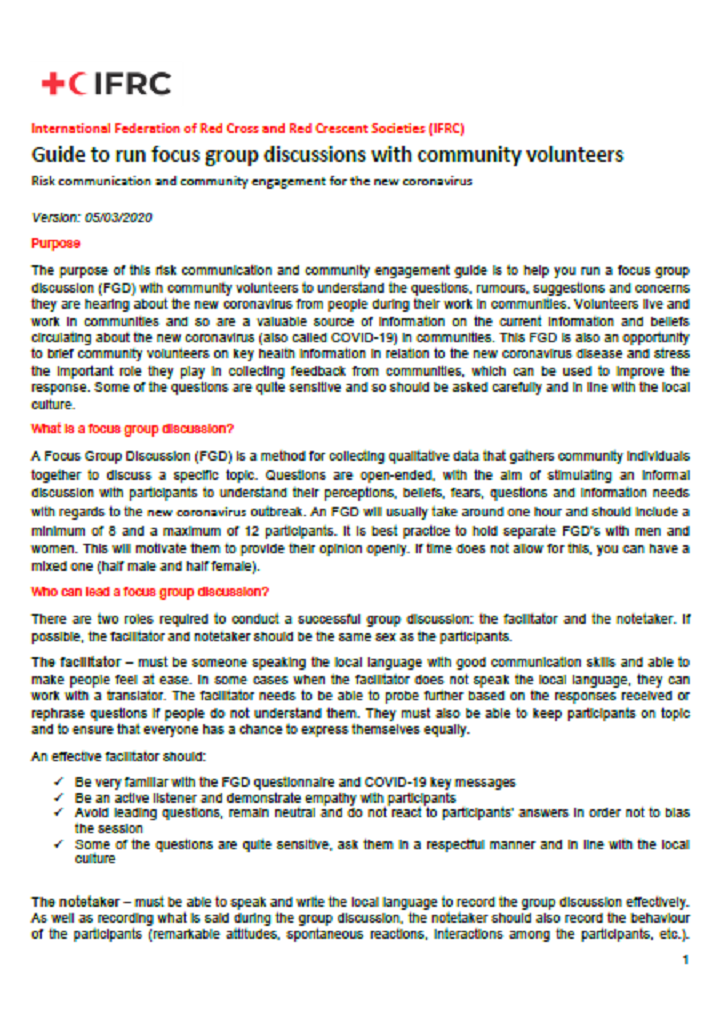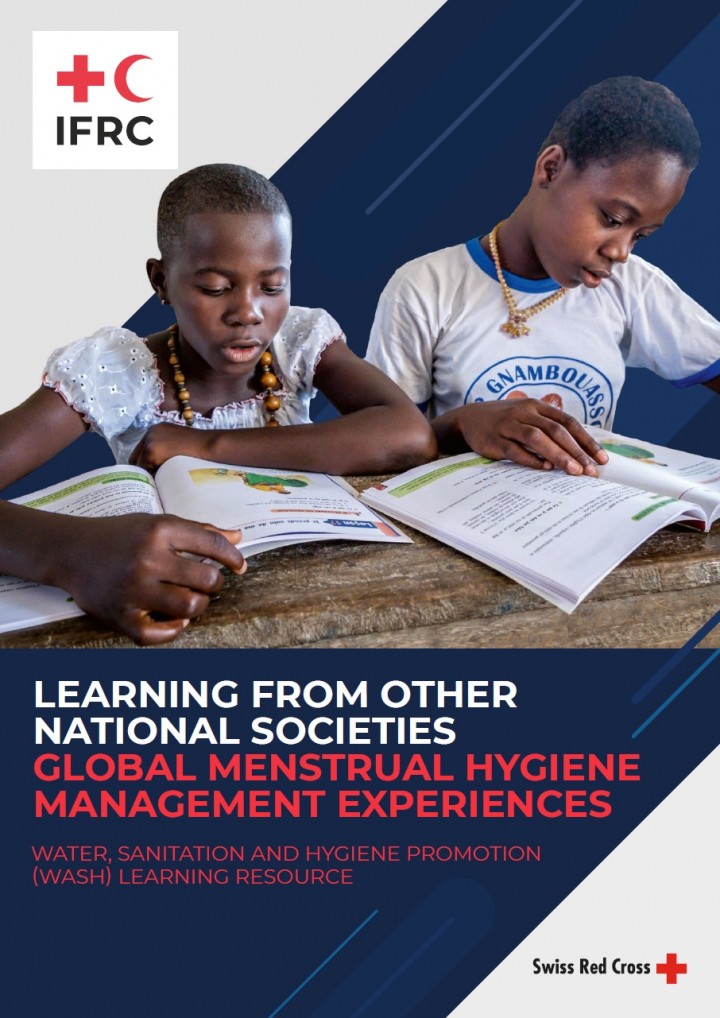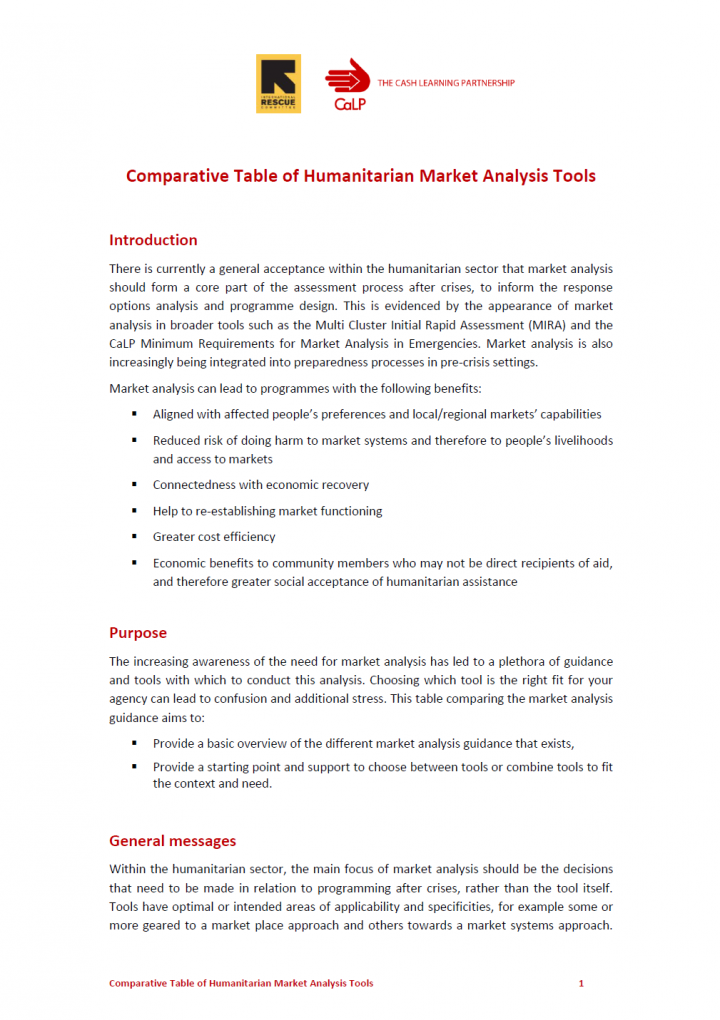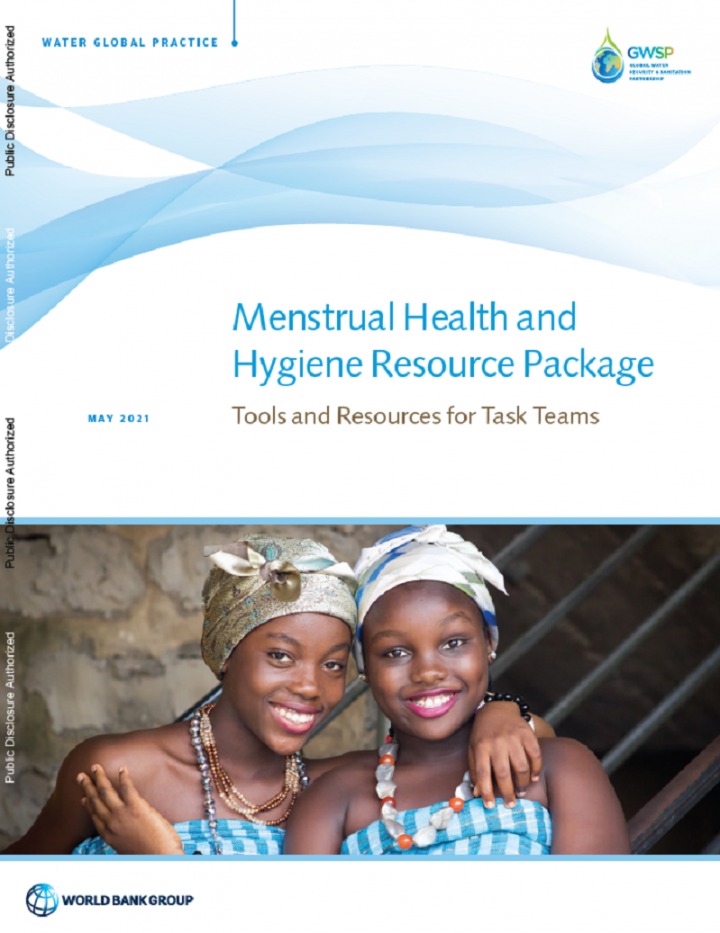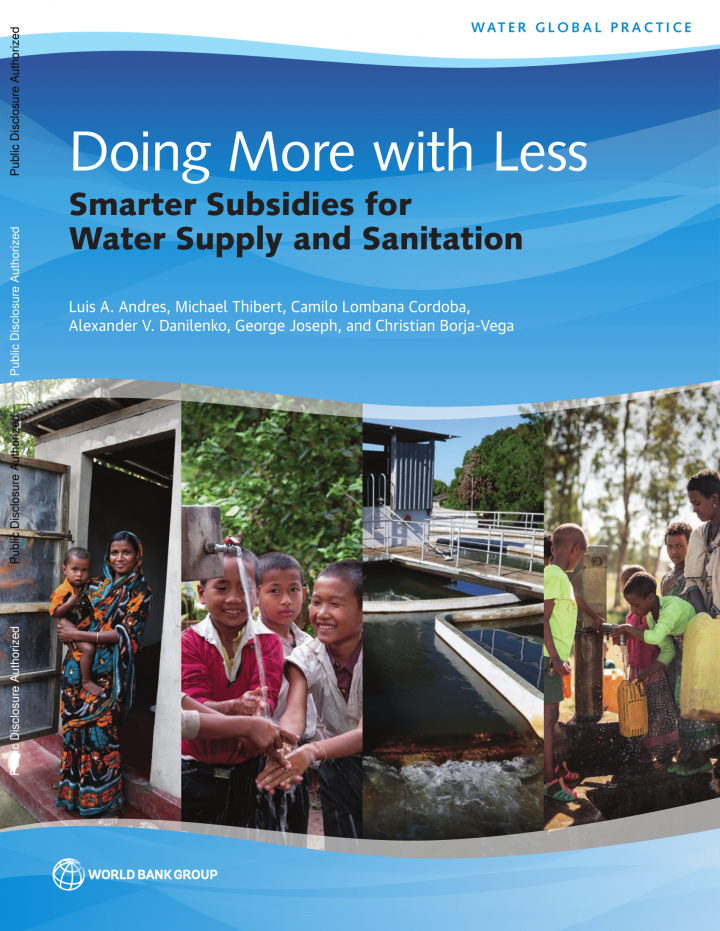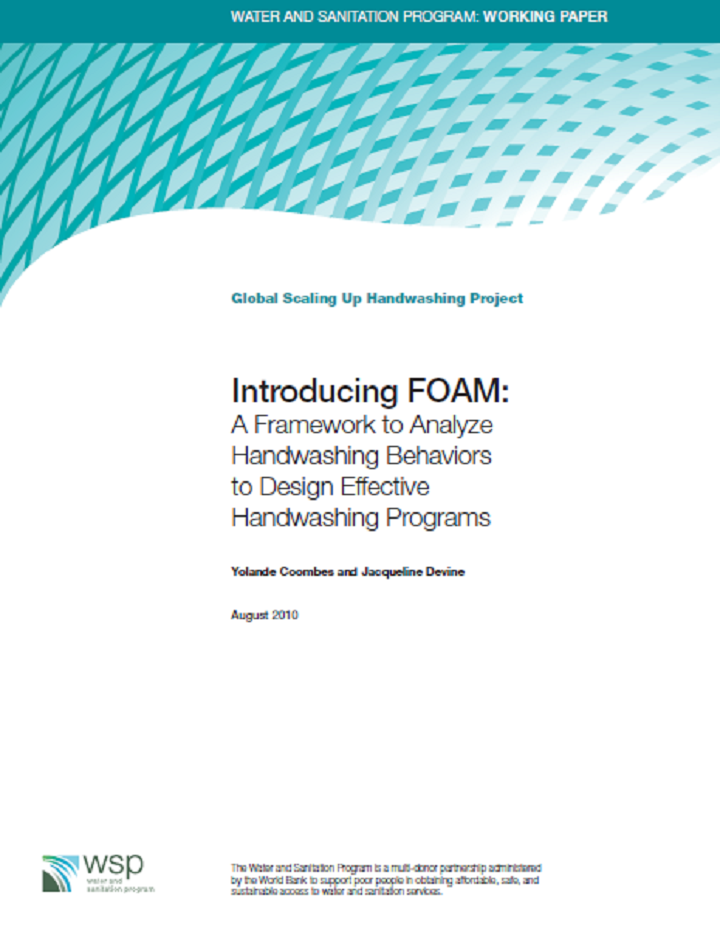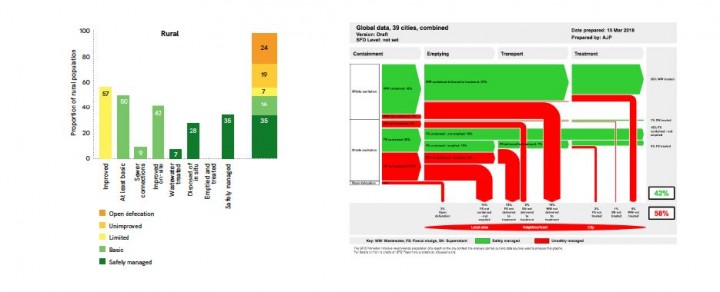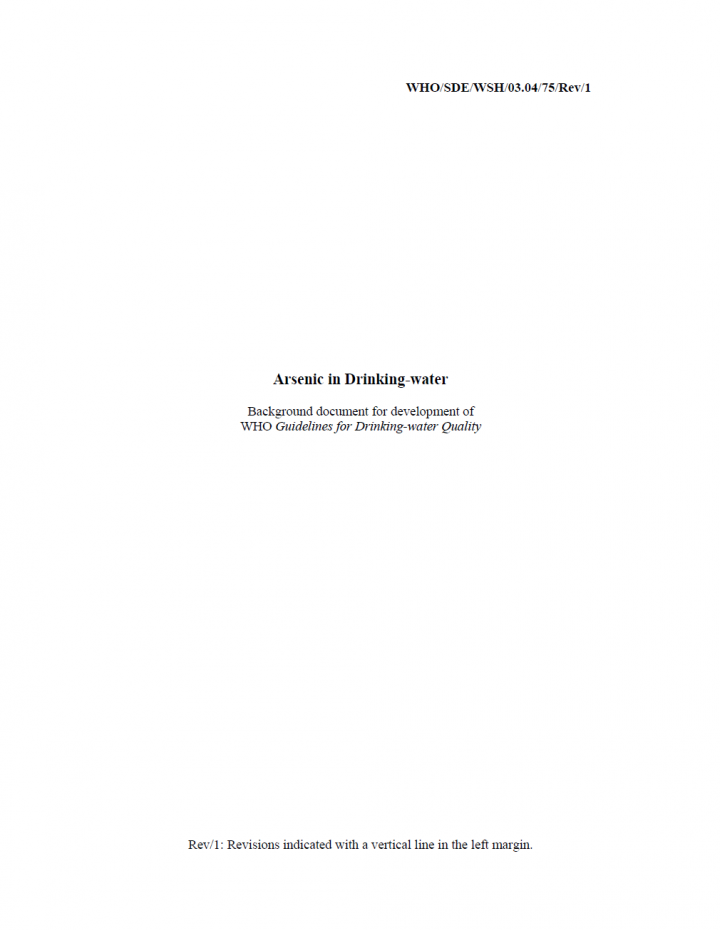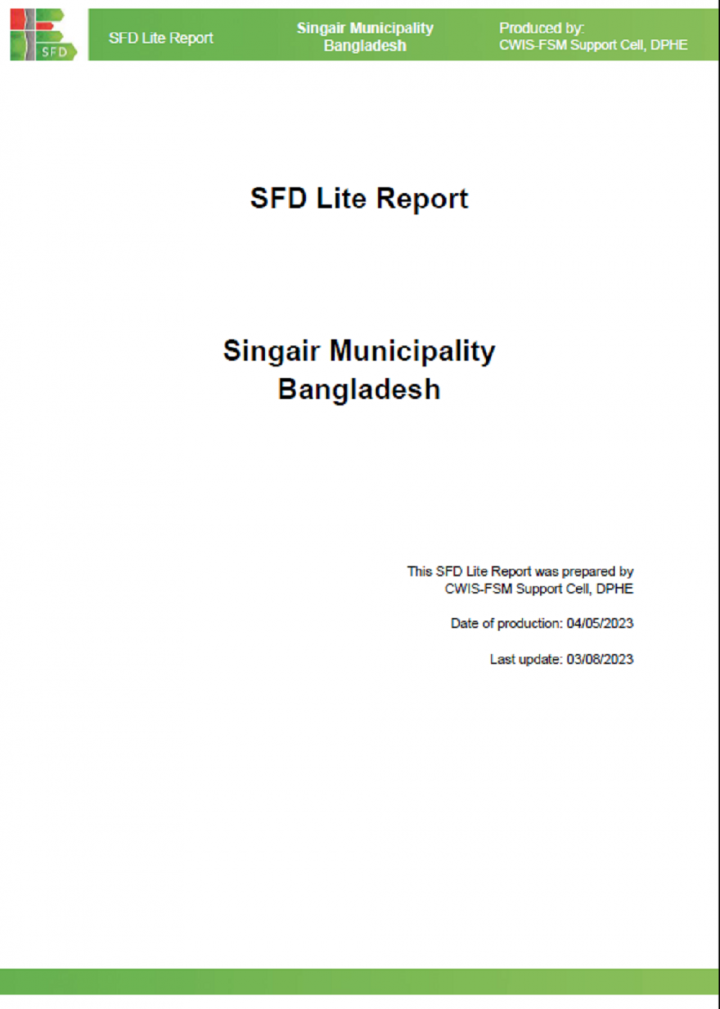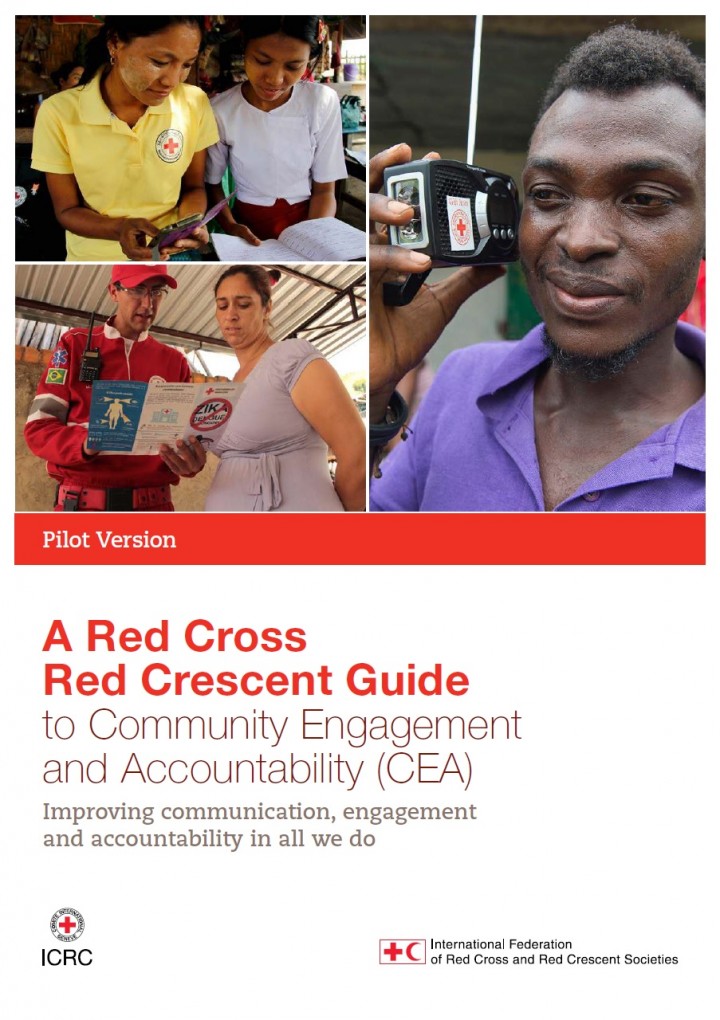Searching for information on Sanitation Workers?
The Sanitation Workers Knowledge + Learning Hub is the best source for all current news, trends, articles and updates on sanitation workers rights around the world.
With the adoption of the 2030 Agenda, UN Member States pledged to ensure “no one will be left behind” and to “endeavour to reach the furthest behind first”.
This paper advances a framework that governments and stakeholders can use to act on their pledge in a way that enables and accelerates progress to achieve the Sustainable Development Goals (SDGs). It also seeks to inform the manner …
There is now widespread recognition that participatory development-involvinig users and communities in all stages of the development process-is critical for achieving sustained benefits. By responding to felt needs, and by involving stakeholders intimately in all aspects of a program, participatory development creates "ownership," accountability, and a willingness on the part of users to manage …
The intent of this guidance note is to increase awareness among CARE’s WASH practitioners of gender issues, ensuring emergency WASH programs are viewed with a gender lens. The content is not original, rather an amalgamation of various guidance and best practice, distilled here to provide a more concise reference tool for CARE’s WASH staff to meet minimum WASH and gender equality standards.
Sustainable and affordable supply of clean, safe, and adequate water is one of the most challenging issues facing the world. Membrane separation technology is one of the most cost-effective and widely applied technologies for water purification. Polymeric membranes such as cellulose-based (CA) membranes and thin-film composite (TFC) membranes have dominated the industry since 1980. Although …
Safe health care waste management, including segregation, collection, transport, treatment and waste disposal, is fundamental to wider efforts to provide safe and quality health care. Safe health care waste management practices also support a number of the UN Sustainable Development Goals (SDGs), including Goal 3 on health, Goal 6 on safely managed water and sanitation, Goal 7 on climate change …
UNICEF was part of the front-line response to the 2018 floods and their devastating consequences in the Indian State of Kerala. UNICEF’s work focussed on supporting WASH services and equipment in affected communities. UNICEF, with the support of national and regional-level administrations, local non-governmental organisations (NGOs), community-level organisations as well as national and local …
Urlabari Municipality was declared as municipality on 8th May 2014. The municipality is located in Morang District, Koshi Province. The municipality is divided into nine political wards. The municipality has total 70,908 population with 33,356 males and 37,552 females (Census 2021, n.d.).
Basic sanitation coverage in the municipality is 100%. All the surveyed households in the municipality …
Designed for both experienced and new trainers who have an interest in training others in the use of participatory methods, whether they are researchers, practitioners, policy-makers, villagers or trainers. The guide: provides a comprehensive background to the principles of adult learning; focuses on the facilitation skills necessary for effective training; describes group dynamics and how to …
The baseline survey was conducted in the four states of Bihar, Madhya Pradesh, Uttar Pradesh and Jharkhand. This report has analysed the data generated for the following areas:
a. Manual scavenging (MS) and dry latrines
b. Prevalence of stigma, discrimination, untouchability, gender and caste-based discrimination and violence
c. Participation in community led initiatives for rights and …
Over the years, SOIL has developed a model to provide a safely managed sanitation service to densely populated communities in Haiti, using containerbased sanitation. The objective of such an intervention is to reduce the risks to public health and the environment that unsafe sanitation practices create, and risk-based assessment methods such as Sanitation Safety Planning are a valuable tool to …
The purpose of this risk communication and community engagement guide is to help you run a focus group discussion (FGD) with community volunteers to understand the questions, rumours, suggestions and concerns they are hearing about the new coronavirus from people during their work in communities. Volunteers live and work in communities and so are a valuable source of information on the current …
This learning document is a collection of experiences from Red Cross Red Crescent National Societies in menstrual hygiene management (MHM). Experiences from both emergency contexts and long-term programming are included. The aim is to give practical “how to” recommendations, tips that National Societies have learnt, and tools developed through implementing MHM programmes which others can …
There is currently a general acceptance within the humanitarian sector that market analysis should form a core part of the assessment process after crises, to inform the response options analysis and programme design. This is evidenced by the appearance of market analysis in broader tools such as the Multi Cluster Initial Rapid Assessment (MIRA) and the CaLP Minimum Requirements for Market …
The purpose of this resource package is to assist World Bank task teams in ensuring that their projects are inclusive and responsive to the needs of women and girls. The tools included in this package are practical and user-friendly and guide task teams on how to design and monitor effective, inclusive, and sustainable menstrual health and hygiene (MHH) initiatives as part of their water supply, …
In this report, we explore the question of how scarce public resources can be used most effectively to achieve
universal delivery of WSS services. To inform our discussion, we analyze subsidies in the sector, including
their magnitude, their efficacy in achieving their policy objectives, and the implications of poor design. We then provide guidance to policy makers on how subsidies can be …
The FOAM (Focus on Opportunity, Ability, and Motivation) is a framework designed to help in the development, monitoring, and evaluation of handwashing behavior change programs. FOAM was developed for use in resource-poor settings, but it can also be adapted for other socioeconomic environments. This working paper is intended for use by program managers implementing handwashing behavior change …
Wherefrom do we get data on the sanitation status in cities and countries and what qualities do these data need to have to be relevant either for JMP reporting or to be used in developing an SFD for a given city?
Against this background, the comparison of methods for excreta flow analysis gives an overview on the focus, purpose, methodologies, outputs and definitions of two approaches. On the …
During the preparation of background documents and at expert meetings, careful consideration was given to information available in previous risk assessments carried out by the International Programme on Chemical Safety, in its Environmental Health Criteria monographs and Concise International Chemical Assessment Documents, the
International Agency for Research on Cancer, the Joint FAO/WHO …
Singair Municipality is situated within the Singair Sub-District (Upazila) in Manikganj District (Zila), which is under Dhaka Division. The geographical coordinates of Singair are between latitudes 23°44' N and 23°52' N and longitudes 90°04' E and 90°16' E. The municipality is bounded on the north by Talebpur union, on the south by Charigram and Sayasta union, on the east by Joymontop union, …
Community engagement and accountability (CEA) is an approach to Red Cross and Red Crescent programming and operations. It is supported by a set of activities that help put communities at the centre of what we do, by integrating communication and participation throughout the programme cycle or operation.
CEA is the process of and commitment to providing timely, relevant and actionable life-saving …
Cholera outbreaks occur almost every year during the monsoon season in Nepal. The 1.3 million people living in the Kathmandu Valley are some of the most affected and vulnerable in the country. The earthquakes in 2015 caused massive population displacement and increased the potential for an outbreak as a result of the widespread destruction of water supply infrastructure and sanitation facilities. …

